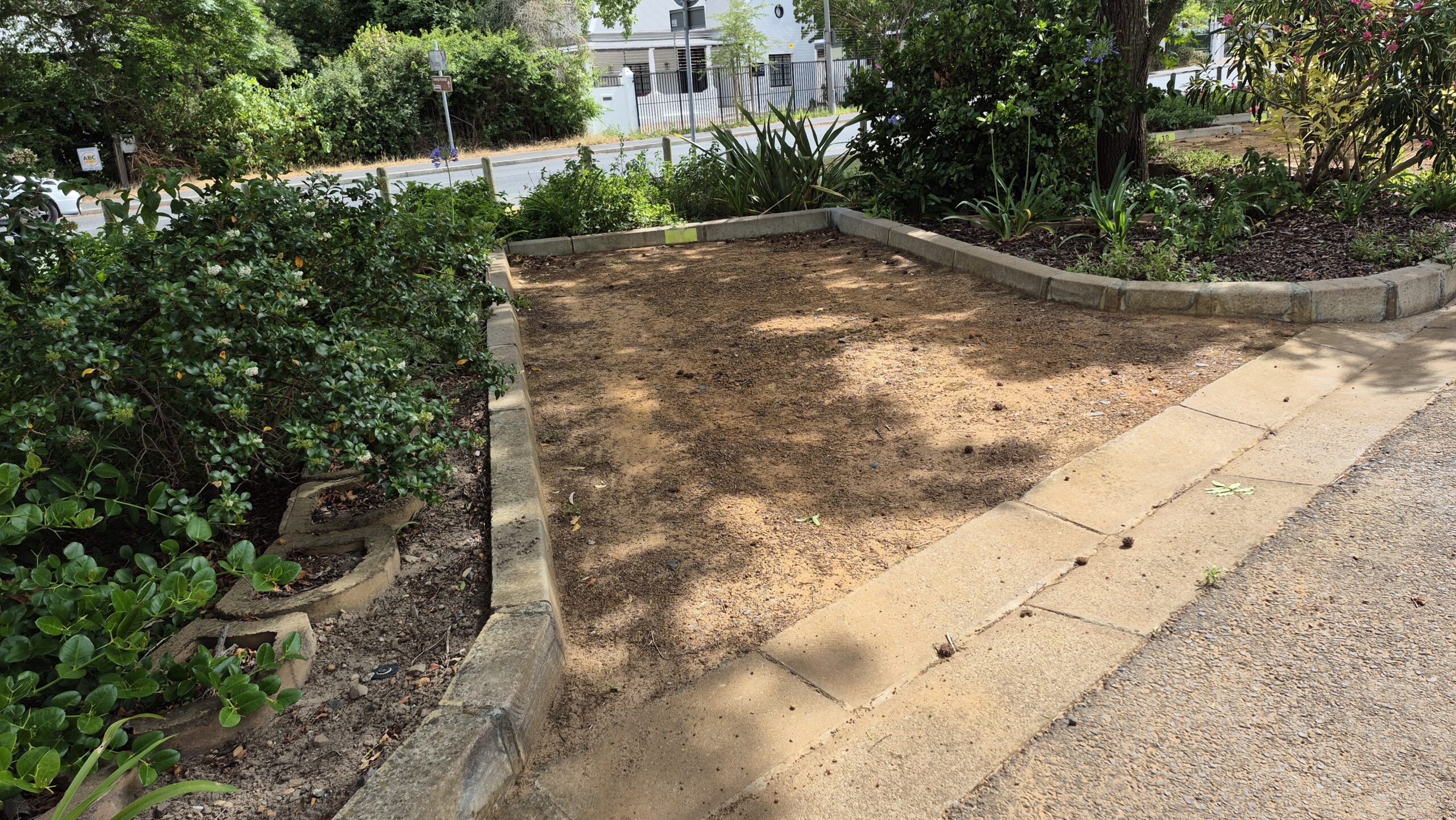BY CARLA VISAGIE & MEGAN BRINK
Residence and PSO (Private Student Organisation) house corridors have been empty for the past five months due to the COVID-19 pandemic, and for the first time ever, all residence, PSO and cluster leadership elections were completely online.
According to Philip Steenkamp, Head Cluster Convenor 2019/2020 and third year BAccLLB student, traditional leadership structures such as cluster convenors are “without a doubt” still necessary, despite learning being mostly online.
“Arguably one of the distinctive features of Stellenbosch University is the vibrant out-of-class experience that it offers its students. The Cluster Convenors, as one of the main student structures on campus focused on promoting cohesiveness between different residences and PSO’s, will play a very important role as we attempt to build robust student communities in a post-COVID-19 world,” Steenkamp said.
With regards to electing new cluster convenors in an era of online learning, Steenkamp added, “Most clusters have resolved to elect new Cluster Convenors within the next few weeks in conformity with other student leadership structures on campus”.
According to Sinethemba Dlamini, Erica Residence’s Vice-Prim 2019/2020, the residence used Microsoft Teams as their official caucus platform, and it is on this platform that they experienced their “highest attendance ever”.
“We settled on using MS Teams as our official caucus platform. We did take into account that many of our Ericaners would face connection issues or issues of load shedding, as a result, we recorded the session to allow everyone to watch where and when they can.” Dlamini said.
Dlamini added that the official voting platform the residence chose was SunSurveys, because “this platform allows for only Ericaners to vote and to vote only once”.
Alten du Plessis, Eendrag Prim of 2019/2020, said that the male residence also facilitated its caucus on Microsoft Teams and the residence put a few measures in place to ensure that the maximum amount of house members could attend regardless of any data-related costs.
“At the start of the [pandemic] where the University gives data to students, [we] started a ‘sharing scheme’, if I can put it like that, where if you don’t really need the data, you pass the data on to someone who uses it more. At the start [we] had a few requests for this where data was passed around, but as more people started going back to res, that has diminished. We [also] had minutes for those who could not have attended the caucus,” Du Plessis said.
According to Du Plessis, the 2019/2020 HK did not necessarily change their portfolios, but rather “looked into ways to make their portfolio more [compatible with] the online community”, such as creating a mental wellness blog.
“The biggest issue for us during this online era is looking after the mental health and the wellness of our students. To that extent we’ve started a mental wellness blog, which I think [has] been absolutely fantastic. We have found the mental program to be very effective and I think just the numbers show the impact that mental health can have on academic performance. It is staggering how much of a difference it can make, especially for people who come from far away and don’t have a good support structure,” Du Plessis said.
Kamryn Smith, the newly elected Equité prim for 2020/2021, said that the PSO has had a lot of younger candidates availing themselves for leadership positions and that during the year they have experienced, “a lot more participation than usual”.
“We actually have a lot of first years interested [in] leadership positions, which is a really good thing because it’s been difficult as a PSO to adapt to the virtual community, considering we [were] already struggling with participation. Having first years interested [in] HK [positions] shows that we still have people who want to make a change without having as much face-to-face contact,” Smith said.



